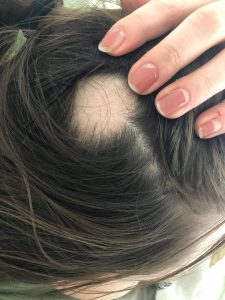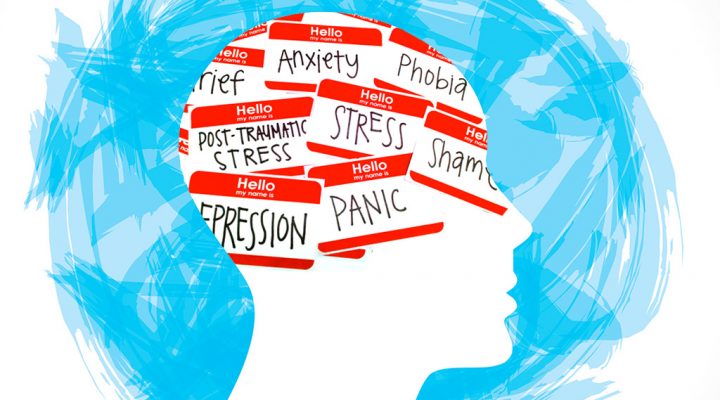A recent scientific discovery highlights how much your mental state and physical health are connected. Although some would seem more obvious than others, here are six times your mental health might be behind your physical pain.
Depression and gut pain
A new research study shows there is a prominent link between specific types of gut bacteria and depression. According to Professor Jeroen Raes from the Flanders Institute for Biotechnology, “microbial communities that can be linked to intestinal inflammation and reduced well-being share a set of common features”. This will hopefully be a way to determine better treatments for both depression and gut pain.
Stress and acne
This has been a tricky one to pin down, as there is no scientific evidence as to why stress can lead to bigger breakouts. However, many studies have proved that stress during exam period or intense workload does worsen acne. Dr.Lisa A. Garner, a clinical professor of dermatology at the University of Texas Southwestern Medical Centre, explains that stress creates more oil, which clogs the pores and lead to breakouts. It’s not just your imagination.
Anxiety and menstrual cycles
Generalised Anxiety Disorder often means there’s an excess of worrying. Alternatively, this leads to an overdrive in your gut health, but also the female reproductive system. Whether a short-term or chronic condition, stress can create a hormonal imbalance, which can lead to irregular cycles.
Panic attacks and appetite
This is yet another proof of how your gut health is massively impacted by stress levels. When you’re going through a mentally-challenging period, your body almost goes into danger mode, and stops functioning normally. Thus, a loss of appetite is another natural side-effect of excessive worrying.
Anxiety and sex
Panic attacks and low moods can become a threat to your daily activities, and sex is one of them. In women, anxiety can cause vaginismus, a type of sexual dysfunction that makes the muscles of the pelvic floor involuntarily tighten, which makes sex more painful. When it comes to men, studies show that anxiety is the most common cause of erectile dysfunction.
Anxiety and hair loss

We spoke to Natalie Phipps, 21, who was diagnosed with alopecia, the medical term for hair loss. She explains how interconnected it is with her anxiety: “A few months before this, I went through a very anxious time. (My anxiety) was getting worse although I hadn’t noticed any physical effects. I always thought it was mainly emotional. I am somewhat thankful that losing that patch of hair happened to me, because it gave me the push to get help.”

